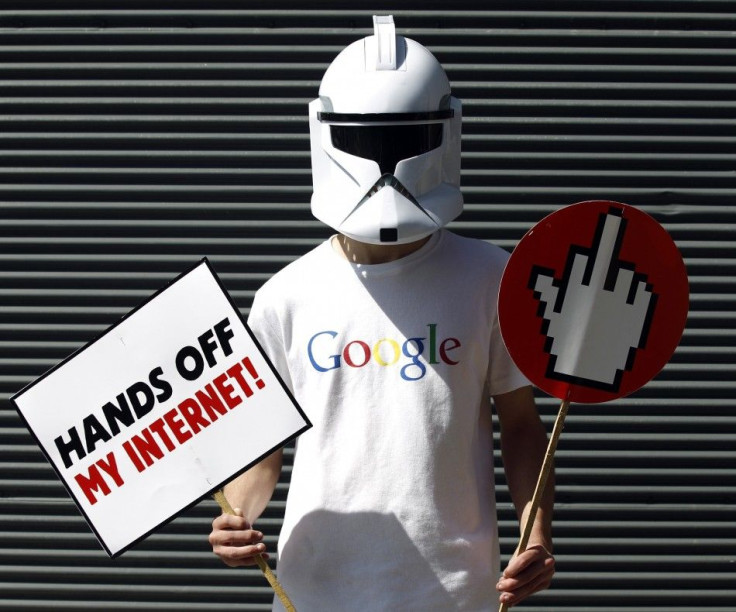How Internet Porn Put SOPA Supporters in an Awkward Situation

Even as the controversy surrounding the Stop Online Piracy Act (SOPA) continues, the bipartisan coalition of lawmakers were put in an awkward situation when they were forced to vote for protecting online pornographic material, in order to prevent a legal loophole in the anti-piracy act.
In a clever move by one of the most prominent opponents of SOPA, Rep. Jared Polis (D-Colo.), an amendment to exclude protection of the intellectual property rights for obscene and pornographic material was put for vote in front of the House Judiciary Committee recently.
If the Committee chose to reject the amendment, in effect defending the porn industry, it would have to bear the brunt in conservative districts during the next elections. If they chose to vote for the amendment, SOPA would have to be put up for a legal review to categorically define the nature of material that could be protected under the act.
Unfortunately for Polis, the committee apparently wasn't really bothered by the risk of the conservatives' wrath and rejected his amendment, thereby extending SOPA's arms to protect porn producers.
The Committee argued that denying intellectual property rights to porn producers would conceivably result in even more porn flooding the Internet. Republican and Democratic members of the committee, including Judiciary Chairman Lamar Smith (R-Texas), ranking member John Conyers (D-Mich.) and Rep. Steve King (R-Iowa) stood up to safeguard online porn.
The proposed SOPA legislation, ostensibly to curb piracy, poses in itself a threat for high-traffic Internet sites including Google, YouTube and Facebook. It is impossible for these companies to monitor copyright clauses attached to the content uploaded by its millions of users and it is therefore only a matter of time before they are drowned in copyright lawsuits.
Google representative Katherine Oyama said, during a SOPA judiciary committee hearing on Nov. 16, the company did not have any tool to detect such infringements and relied on copyright holders bringing piracy offenses to its attention.
The opponents of SOPA, including House Minority Leader Nancy Pelosi and Republican presidential hopeful Ron Paul, argue that the bill could lead to an explosion of innovation-killing lawsuits and litigation.
According to Washington Post blogger Dominic Basulto, the bill will benefit Hollywood at the expense of Silicon Valley.
© Copyright IBTimes 2025. All rights reserved.






















